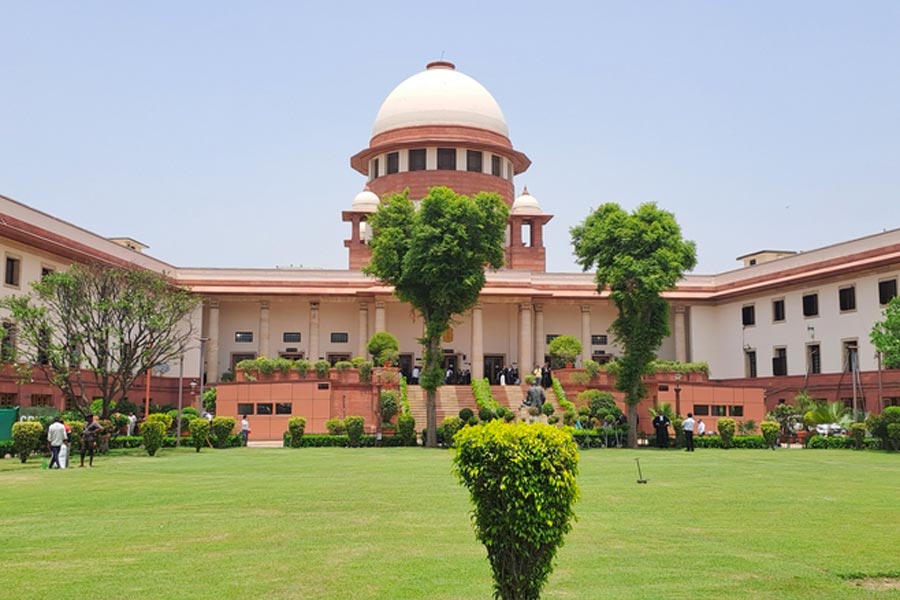The Supreme Court has directed the appointment of three candidates including a Dalit woman as subordinate judges in Bihar, reaffirming an earlier judgment that said a failure to produce original documents at the interview cannot be a ground for refusal of employment under Bihar judicial service rules.
The latest judgment should apply to any recruitment rules worded similarly to the Bihar Civil Service (Judicial Branch) (Recruitment) Rules, 1955, which most civil service rules in the country are.
The bench of Justices J.K. Maheshwari and K.V. Viswanathan underscored that all three appellants had obtained higher marks than the prescribed cut-offs in their categories.
It noted that Dalit woman Sweety Kumari had secured 414 marks against an SC category cut-off of 405; Vikramaditya Mishra had secured 543 while the cut-off for the unreserved category was 517; and Aditi had scored 501 against a cut-off of 499 in the EWS category.
Kumari and Mishra, who had appeared in the 30th Bihar Judicial Service Competitive Examination for civil judge (junior division), had failed to produce their original character certificates at the interview. Aditi, who had appeared in the 31st exam, did not furnish her original law degree certificate.
All of them had produced “true copies” — attested by a gazetted officer who would have checked the original — at the interview, the court noted. But the Bihar government and the State Public Service Commission (SPSC) rejected their candidatures.
“…They (Kumari and Mishra) were candidates of merit, they be extended the benefit at par with the Aarav Jain (supra) and Others,” the court said, referring to a May 23, 2022, apex court judgment that had said that furnishing the original documents wasn't mandatory.
“Therefore, the respondents are directed to adjust one vacancy of EWS for the same examination or from the next examination and extend similar benefits to Aditi.”
Jain had appeared in the same exam as Kumari and Mishra and all three had their candidatures rejected by a common communication late in 2019.
Patna High Court dismissed Jain’s appeal but the apex court ruled in May last year that the plea of non-submission of original documents was not justified by either the qualification criteria or the eligibility criteria. It emphasised that state governments, anyway, obtained a verification and vigilance report during probation.
Therefore, the May 2022 judgment said, furnishing the original documents was not a mandatory condition.
However, the high court later rejected similar pleas from Kumari and Mishra, prompting them to approach the Supreme Court.
In the latest judgment, the apex court underlined that the Bihar judicial service rules said the documents should be “true copies” of the originals, each certified by a gazetted officer. It quoted the rules as saying the candidate “may be required to produce the original before BPSC at the time of viva voce test”.
“The said language makes it clear that the production of the original certificates at the time of interview is not mandatory but directory,” Justice Maheshwari said.
The court stressed that even the advertisement for the posts merely said the originals must be “possessed”; it did not say their production was mandatory.











